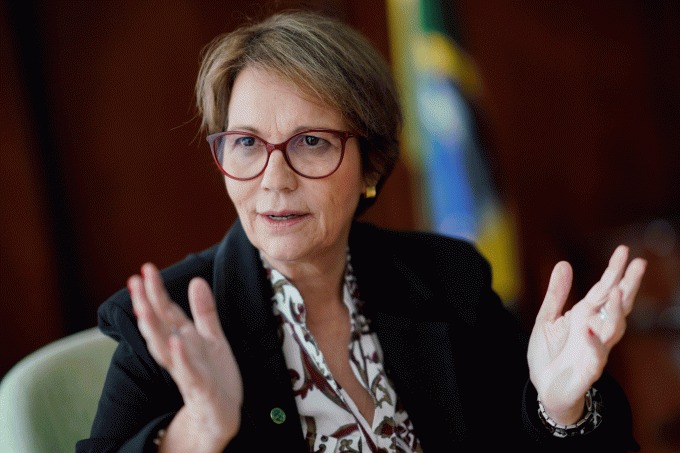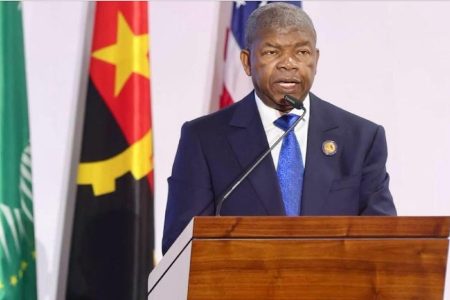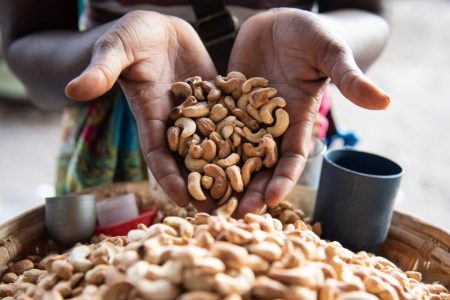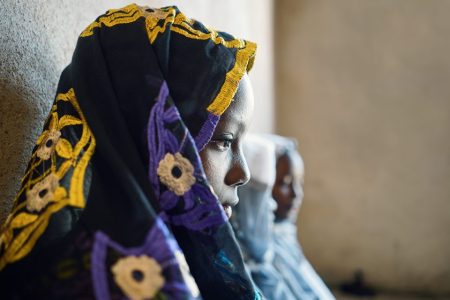Brazil has the capacity to export a greater range of goods – and more of them – to China, according to the country’s minister of Agriculture, Livestock and Supply, Tereza Cristina.
The minister highlighted the two countries’ excellent agriculture and food links during a video conference for the Brazil-China Dialogue on Sustainable Agriculture, organised by the Brazil-China Business Council and China’s Institute of Finance and Sustainability.
Brazil and China maintain “a relationship of trust in guaranteed delivery, with quality, safety and sustainability,” Cristina said.
She added that Brazil sees the potential to expand and diversify its exports to the Chinese market, noting “we are fully aware that consumers in China, like those in Brazil, are increasingly concerned about sustainability issues.”
Currently, Brazil supplies more than one billion people in 180 markets with agricultural products, Cristina said, meaning that “out of every four dishes of food served in the world, one has ingredients originating from Brazil.”
Since the 1970s, Brazil’s cereal production has increased by about 400 per cent, while its cropland has grown by 40 per cent.
But climate change, which directly affects farmers, threatens “food security and the preservation of biodiversity,” so it is essential to prioritise the reduction of global greenhouse gases, especially from fossil fuels, said Cristina.
“Sustainability has three inseparable pillars: environmental, economic and social. With our increases in productivity, we can bring cheap food to the world,” she said.
“Brazil, like China, faces the challenge of improving the lives of those who live in the countryside, providing them with conditions similar to those of the urban population. China has worked hard to combat extreme poverty in the countryside in recent years, achieving great success,” noted Cristina.






